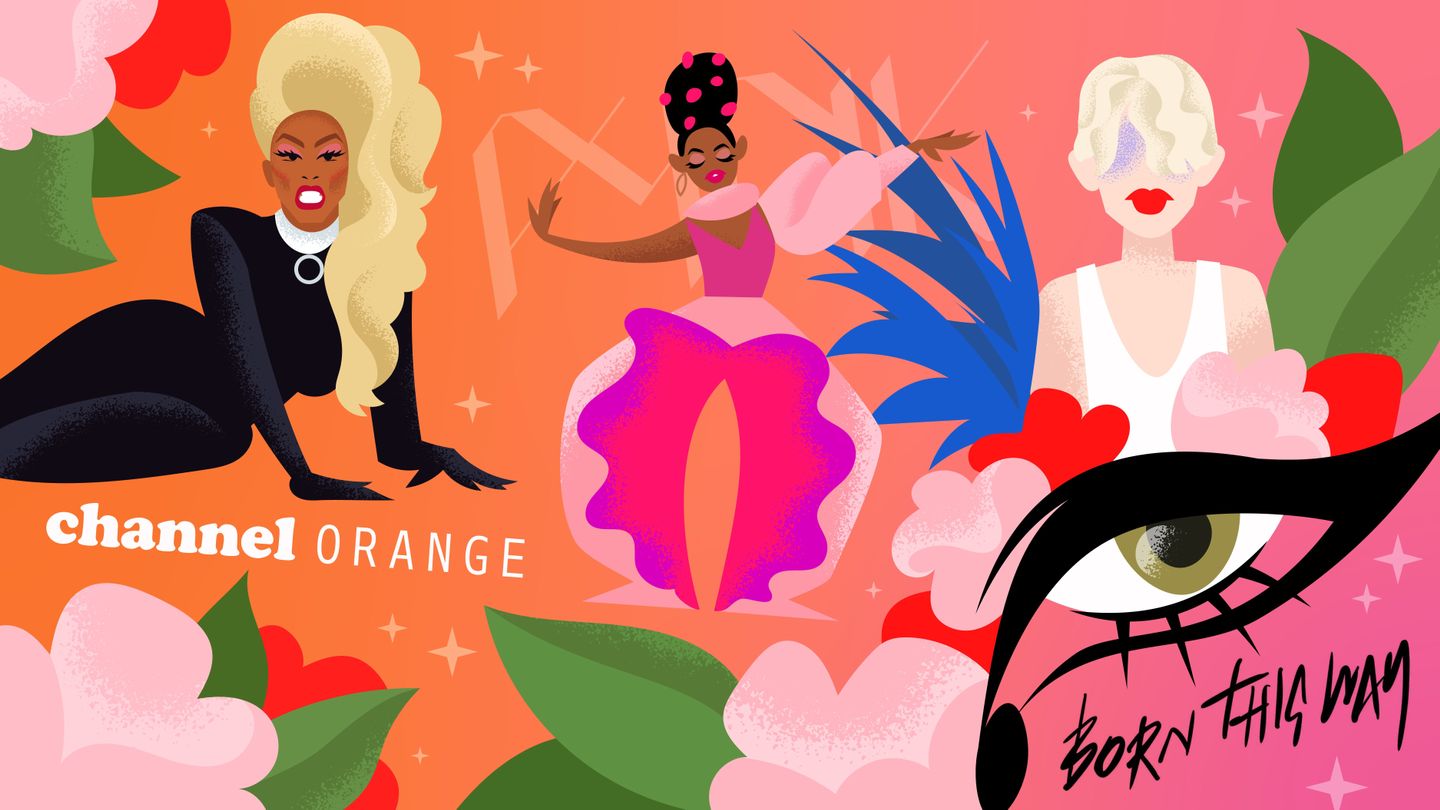Over the last decade, LGBTQ+ representation in media has soared. Artists such as Kehlani, Troye Sivan, Halsey and Hayley Kiyoko top endless lists entitled ‘Best Queer Artists of the Decade’, ‘LGBT artists you can’t miss’, or similar. While these lists undoubtedly increase the visibility of queer people and are certainly helpful for those actively seeking out more representative and relatable media, can we question the extent to which these artists are being limited to a side group? Allowed to be successful only in their lane, and restricted from mainstream media success?
Queer Media is certainly something to be celebrated, don’t get me wrong, but are we limiting these artists and ideas and teaching people who take solace in their work that they will be restricted by their orientation? These artists are certainly successful in Queer Media, but the question is: Can the gays exist outside a side group?
Outside of music, queer characters in popular TV and film often fall into tropes, with the most notable being the ‘bury your gays’ trope in which queer characters are almost always killed off at some point in the film or series. The extensive list of series which follow this trope includes: The 100, Coronation Street, Buffy the Vampire Slayer, Emmerdale, The Vampire Diaries, American Horror Story, the list goes on. This trend seems to follow a tragedy narrative as the character’s death almost always occurs suddenly and tragically, interrupting a budding romance, following a coming out or as a dramatic sacrifice.
Aside from ridiculous tropes, gay characters that are included are often incredibly stereotypical caricatures and played by straight/cis actors. The reason representation is so important is to show that these tragic ends or ‘hilariously’ disastrous/unhealthy dating history aren’t the only futures which exist for queer people. Showing that queer people can grow up, be successful and have healthy relationships is so important and doesn’t sound like a huge ask but there is a gaping hole waiting to be filled by Hollywood and other mainstream media.
It’s definitely not all negative and change can be seen, with artists such as Lil Nas X, Sam Smith and Frank Ocean being evidence of increasing queer representation in mainstream media. Their success in the mainstream – not just as queer artists – shows a growing acceptance, not just tolerance, for gay music artists.
Likewise, outside of music, we’ve recently seen people like Philip Schofield and NikkieTutorials come out (as gay and transgender respectively). It’s interesting to consider whether they would have reached their level of success if they were out from the beginning of their careers? Nevertheless, their prevalence in the spotlight is so important for representation, allowing young LGBTQ+ people to realise that they’re not alone.
This issue is a complex one, as having a separate group specifically for ‘queer media’ is great and inclusive and definitely needed. However, this does need to exist alongside more extensive and frequent representation within mainstream media in order to erase the divide in which queer artists are side-lined, as well as to rid the world of ridiculous tropes and bring realistic 3D queer characters into the mainstream.
Tasha Austin

